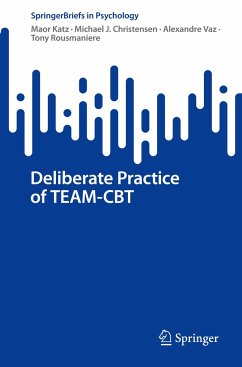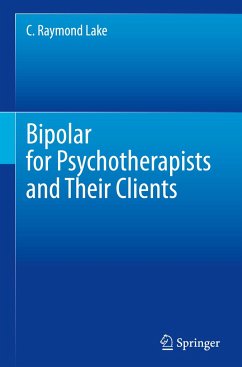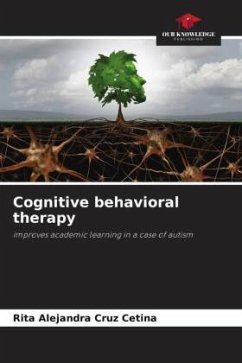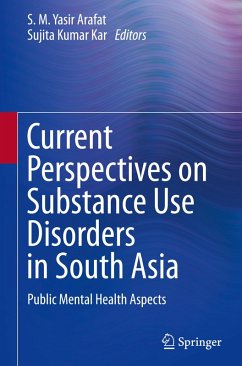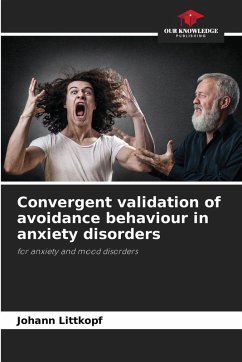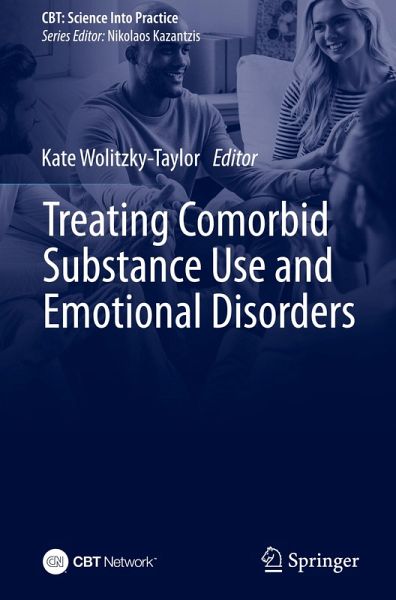
Treating Comorbid Substance Use and Emotional Disorders

PAYBACK Punkte
57 °P sammeln!
This book highlights the prevalence of emotional disorder and substance use disorder comorbidity and effective approaches to managing these co-existing problems. As substance use disorder is twice as likely to co-exist with an anxiety disorder, and three times as likely to co-occur with a mood disorder, treatment is a complicated challenge. This book describes cutting-edge clinical research paired with data-driven treatment guidelines, providing an integrated approach to treatment that targets both issues to improve clinical outcomes. This book outlines how fully integrated treatment for these...
This book highlights the prevalence of emotional disorder and substance use disorder comorbidity and effective approaches to managing these co-existing problems. As substance use disorder is twice as likely to co-exist with an anxiety disorder, and three times as likely to co-occur with a mood disorder, treatment is a complicated challenge. This book describes cutting-edge clinical research paired with data-driven treatment guidelines, providing an integrated approach to treatment that targets both issues to improve clinical outcomes. This book outlines how fully integrated treatment for these common comorbidities can address barriers and reduce symptoms more effectively than simply addressing substance use disorder. It is an invaluable resource for clinicians and researchers alike.






